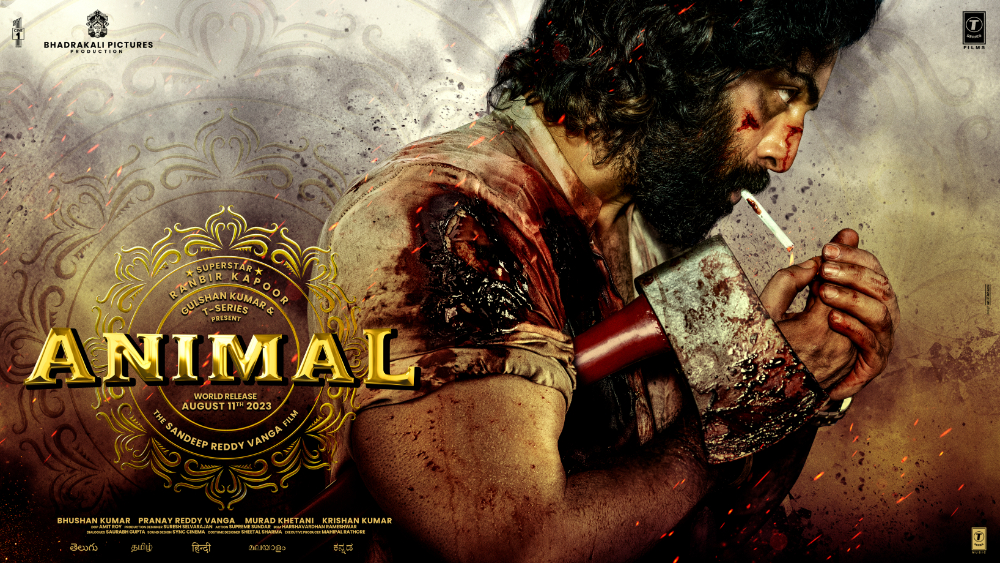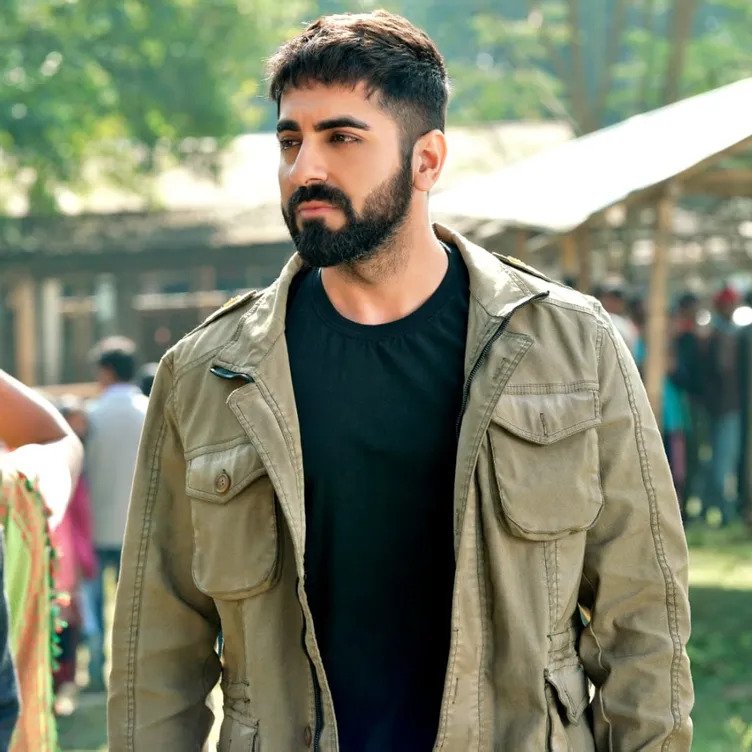 The 1971 Bangladesh War is already an event relegated to our history textbooks. But those textbooks do not mention the thousands of women raped and the genocide that occurred in the lead up to East Pakistan attaining autonomy and becoming the nation state of Bangladesh. Debutant Mrityunjay Devvrat bravely turns the clock back to the nine months prior to the formation of Bangladesh in December 1971.
The 1971 Bangladesh War is already an event relegated to our history textbooks. But those textbooks do not mention the thousands of women raped and the genocide that occurred in the lead up to East Pakistan attaining autonomy and becoming the nation state of Bangladesh. Debutant Mrityunjay Devvrat bravely turns the clock back to the nine months prior to the formation of Bangladesh in December 1971.
The paddy fields are irrigated with blood. Villagers forced to pack meager belongings and traverse the war-ravaged landscape to seek refuge in safer neighboring India. Families are torn apart and women treated as cattle. The director chooses a uni-dimensional perspective though – them versus us; it’s a stand he sticks to resolutely.
The film opens with priceless footage of then Prime Minister Indira Gandhi responding to India’s stance on the 1971 war, of West versus East Pakistan. A little later you see bodies of women tumbling off the back of a truck into a dusty army camp, slaves to the whims of the officers. In another part of the country, a busload of travelers are seen running straight into the cross hairs of shooters and in another a child weeps over this mother’s bloody dead body.
War is not pretty, kind or happy. Devvrat brings home that horror using startling visuals (Fasahat Khan), throbbing background music (Ishaan Chhabra, Sidharth Mathur), and a complex editing pattern (Apurva Asrani) that intercuts three parallel stories. Look out for the scene where the captured women in the camp are forced to stand outside all night and the one of the bus journey ending up on a bridge – both brilliantly edited by Apurva Asrani. Both these scenes convey all the horror and emotion without the use of special effects. Indeed every technical department unites to keep you emotionally invested in the characters.
A husband and wife are separated by a cruel army man (Raima Sen, Indraneil Sengupta, Pavan Malhotra), a brother and sister are suddenly orphaned and comforted by a convoy of refugees (Rucha Inamdar, Riddhi Sen, Victor Banerjee), a rebel leader is gathering arms and an underground army (Farooq Shaikh, Joy Sengupta, Tillotoma Shome).
Stand out performances include Riddhi Sen as the boy-man trying to protect his sister against all odds, Tillotama Shome as the ballsy rebel, Raima Sen as the coy but courageous abducted wife and Pavan Malhotra as the cold-hearted, merciless army officer. He is chilling!
The director’s lack of experience is betrayed occasionally in spurts of indulgence and over-writing (such as a blind woman chanting in a hut) and one song that interrupt the momentum. But these are small niggles.
‘Children of War’ manages to convey scale without even one large ‘Killing Fields’ type shot and Devvrat displays a sure-handedness in book-marking a historical event with compelling, stirring and gutsy storytelling.
Rating: ****





